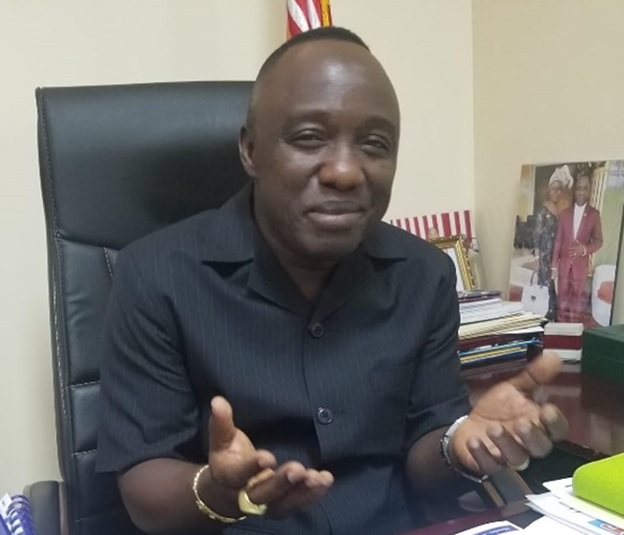KINSHASA — Authorities in the Democratic Republic of the Congo should investigate and hold to account police officers who assaulted journalists Louis France Kuzikesa and Will Claes N’lemvo in an Ethiopian airport, and stop law enforcement officials from intimidating the press, the Committee to Protect Journalists said Friday.
On July 30, a dozen men dressed in civilian clothes repeatedly punched and yanked the clothing of Kuzikesa, a presenter and general manager of privately owned CML13TV, and N’lemvo, a reporter with the privately owned news site Actualité.cd, in the Ethiopian capital’s Bole International Airport, according to N’lemvo, who spoke to CPJ, and a statement by a Congolese media rights group.
N’lemvo told CPJ that the men identified themselves as members of a Congolese police unit responsible for the protection of senior state officials while punching Kuzikesa, and said that the CML13TV journalist was too critical of President Felix Tshisekedi.
“The DRC police officers responsible for attacking journalists Louis France Kuzikesa and Will Claes N’lemvo in Addis Ababa’s airport should be identified and held accountable,” said Angela Quintal, CPJ’s Africa program coordinator, in Durban, South Africa. “This unprovoked assault demonstrates just how far Congolese authorities will go to intimidate those deemed critical of the government, both within and beyond DRC’s borders.”
Kuzikesa—who presents a political talk show called “Libre Opinion” (Free Debate)—declined to speak with CPJ, citing safety fears.
Kuzikesa said on Facebook that he was in transit to the Congolese capital, Kinshasa, when the men, who identified themselves as security officers for Tshisekedi, attacked him and snatched his two phones and hand luggage.
N’lemvo told CPJ that he started filming the incident on his phone but the men grabbed the device and started punching him as well. Kuzikesa posted N’lemo’s video on X, formerly Twitter, showing a group of men shouting at the CML13TV journalist in the airport.

N’lemvo said Ethiopian police intervened to stop the violence and returned his phone, but the assailants continued to shout that they would find the journalists in Kinshasa.
N’lemvo said the reporters delayed their flight home by a day because they feared for their safety, adding that he received treatment in a Kinshasa hospital for pain in his mouth and chest from the beating, while Kuzikesa was unharmed.
On May 22, DRC’s media regulator, Conseil Supérieur de l’Audiovisuel et de la Communication (CSAC), banned Kuzikesa from working as a journalist for 72 days and ordered a 45-day suspension of CML13TV’s broadcast signal. CSAC said in a statement, reviewed by CPJ and reported on by local media, that Kuzikesa interviewed two politicians who made tribal remarks that threatened national cohesion.
CPJ’s calls to Kinshasa police chief Blaise Kilimbalimba rang unanswered.
CPJ has repeatedly documented how journalists in the DRC have been arrested, accused of alleged crimes—including defamation and sharing false information—and criminally prosecuted in connection with their work.
CPJ has called for politicians in the DRC and their supporters to respect journalists’ rights to report freely and safely in the lead-up to national elections on December 20, as previous polls have been marred by press freedom violations. At least seven journalists reporting on political candidates were assaulted in three separate incidents in late July.







